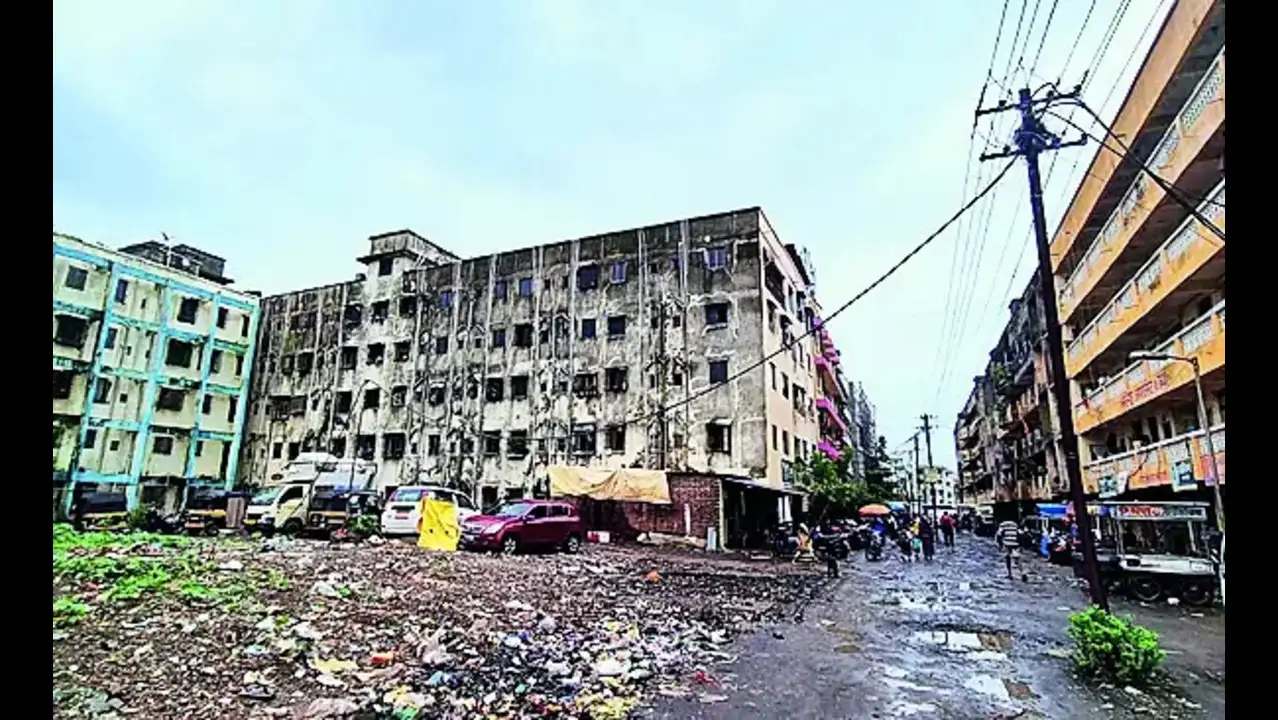Mumbai’s Girgaon and Kalbadevi areas presents a stark contrast to the impending completion of the ambitious Metro 3 line. Eight years after vacating their homes to facilitate this critical urban infrastructure project, hundreds of families remain in limbo, challenging the very essence of equitable and sustainable urban development. This protracted delay highlights critical systemic issues in balancing rapid infrastructural progress with the fundamental human right to dignified housing, raising questions about the social fabric of Mumbai’s evolving urban landscape.
While the underground Metro 3 is hailed as a cornerstone of Mumbai’s journey towards more efficient and less carbon-intensive public transport, the human cost borne by its displaced residents continues to mount. Families in densely populated Girgaon and Kalbadevi, who were promised in-situ rehabilitation with ownership flats, report that the construction of their new homes is proceeding at an unacceptably “snail’s pace.” For instance, a resident of Kranti Nagar, Nilesh (Bala) Ahirekar, aged 48, expressed profound frustration, stating, “It’s been more than eight years since we moved out, and they’ve barely built four floors of the 48-storey building promised to us. We’re surviving on delayed rental reimbursements, and there’s still no clarity on final agreements.” This sentiment is echoed by Vikas Nagavkar of Chandramahal, who noted the absence of a developer board at the construction site, casting doubt on the recently communicated target of Diwali 2027 for possession.
The financial precarity induced by these prolonged delays is a significant concern, directly impacting the well-being and stability of these communities. Many families are reliant solely on rental reimbursements, which are often delayed, leading to immense stress and instability. The disruption goes beyond mere housing; it affects children’s education, access to healthcare, and the overall mental and emotional health of individuals who have seen their lives uprooted for public good. This situation particularly exacerbates vulnerabilities for women, children, and the elderly within these displaced households, challenging the vision of a truly gender-neutral and equitable urban environment.
Adding to the complexity, some tenants have reportedly been disqualified by the Maharashtra Housing and Area Development Authority (MHADA), the validating agency for eligibility, resulting in the abrupt cessation of their crucial rent reimbursements. This bureaucratic hurdle, often lacking transparent communication channels, leaves affected families in an even more precarious position, highlighting a need for greater clarity and empathy in the rehabilitation process. While the Mumbai Metro Rail Corporation Limited (MMRCL) is the implementing authority, a more collaborative and accountable approach across all involved agencies is essential to avert further hardship.
The predicament of Girgaon and Kalbadevi residents serves as a critical case study for urban planners and policymakers. It underscores that while grand infrastructure projects are vital for modern cities seeking to be zero-net carbon and eco-friendly, their success cannot be measured solely by technical completion rates or ridership numbers. The social sustainability and equity of such developments are equally, if not more, important. A city that displaces its citizens for progress, yet fails to reintegrate them swiftly and fairly, risks eroding public trust and undermining the very human foundation upon which a truly smart and sustainable metropolis is built.
For Mumbai to genuinely embody the principles of a sustainable, equitable, and dignified urban future, it is imperative that the authorities expedite the rehabilitation process with utmost transparency and accountability. Ensuring timely delivery of promised homes, fair compensation, and clear communication are not merely administrative tasks; they are ethical imperatives that define the character of a city committed to its people. The unresolved plight of these families calls for urgent intervention, reminding us that true urban progress is holistic, encompassing not just steel and concrete, but also compassion and social justice.
Also Read: Mumbai Nears Completion of CSMT Subway Link to Metro 3


